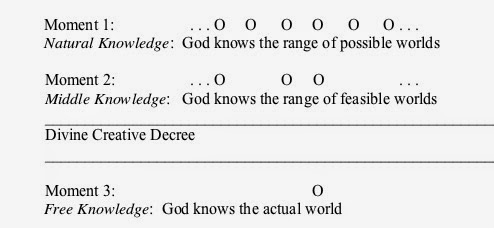A New Flower in the Calvinism/Arminianism Debate

Francisco Marín-Sola advances an innovative alternative in the free will/determinism debate in the book, Do Not Resist the Spirit's Call: Francisco Marín-Sola on Sufficient Grace. He claims his view is Thomism, and I certainly don’t deny that it could be a type of Thomism, though other Thomists like Lagrange are far more determinist than Marín-Sola. In the spectrum, I would place it here: Since many theological systems have a flower acronym (TULIP, ROSES, DAISY, POINSETTIA…) I figured I would give Marín-Sola’s system the LOTUS. Lotus Laps of Man Foreknown but not Caused by God. God foreknows the fall, but He does not cause it. Man is the first cause of all sins. - While all but Open Theists would agree the fall was foreknown, likely Calvinists and Thomists would object to the idea that man is the first cause of sin or anything else for that matter. Only by Grace. God provides sufficient grace for all, which is a physical pre-motion always direc
